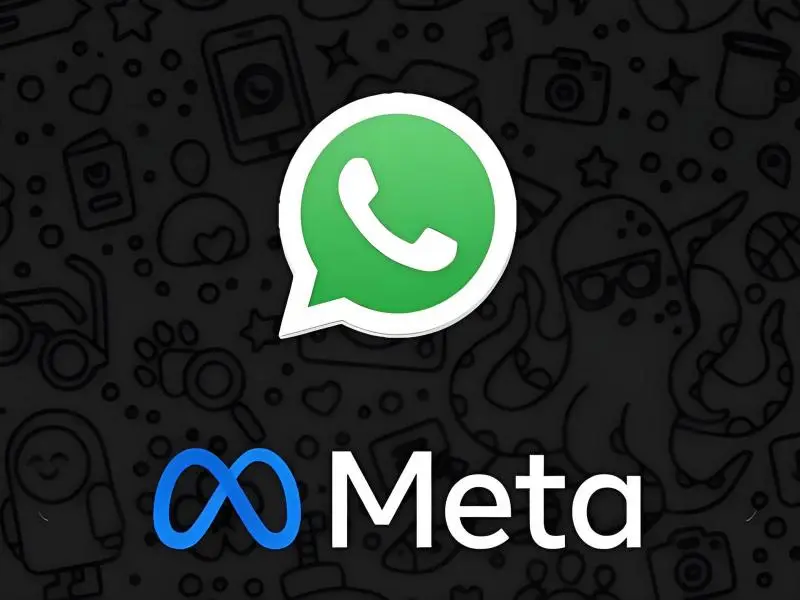
What happened
Meta, the parent company of WhatsApp and Messenger, is making a groundbreaking change in its messaging services for European Union (EU) users. To comply with the EU’s Digital Markets Act, which enhances interoperability between platforms, Meta is integrating third-party chat services into its messaging apps.
This significant update allows users to receive messages from apps like iMessage, Telegram, Google Messages, and Signal within the same inbox as WhatsApp and Messenger or keep them separate. This offers increased flexibility and user control over the messaging experience.
Meta is rolling out notifications that will inform users when they can link chats from these supported apps. By introducing features such as reactions, direct replies, typing indicators, and read receipts, Meta aims to create a seamless, interactive messaging experience across different platforms.
The company emphasizes its commitment to exceeding basic interoperability standards and delivering a sophisticated user experience that adapts to the rapidly evolving digital landscape.
Why it’s important
The integration of third-party chat services into WhatsApp and Messenger is a major step toward creating a more interconnected and user-centric messaging ecosystem. This development allows users to control their communication tools more effectively, connecting with friends, family, and colleagues across various platforms without the need to juggle multiple apps.
This integration enhances convenience and inclusivity by bridging gaps between diverse messaging communities.
This initiative is crucial for fostering competition and innovation in the messaging landscape. Meta’s move opens the door for smaller platforms to access a wider audience, encouraging the development of new features and services that could disrupt the industry. As platforms compete, users benefit from enhanced experiences, better data privacy, and improved security. This trend also aligns with the move toward open standards and decentralized communication, helping to reduce the digital divide and providing users with more options for connecting and communicating.